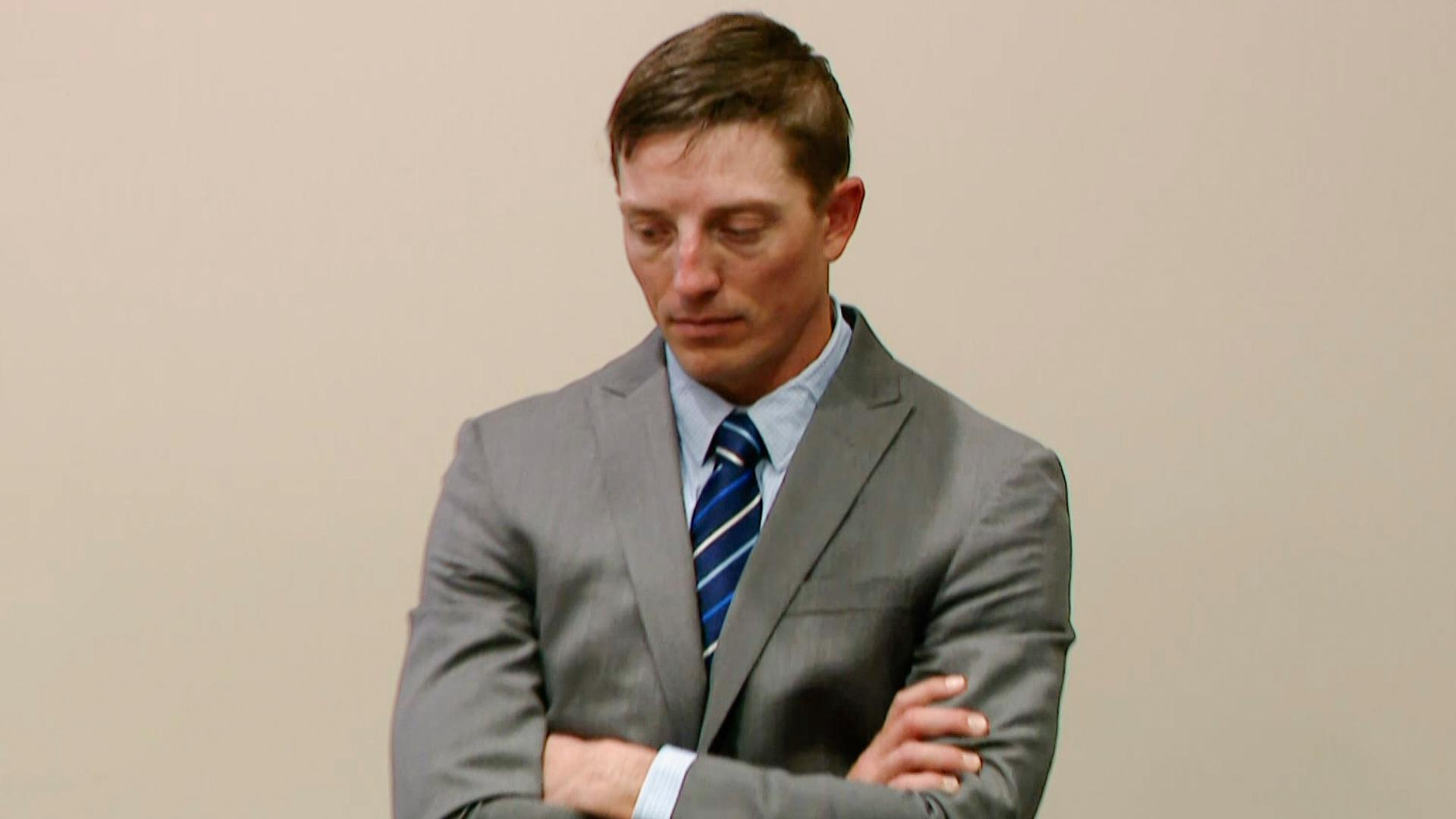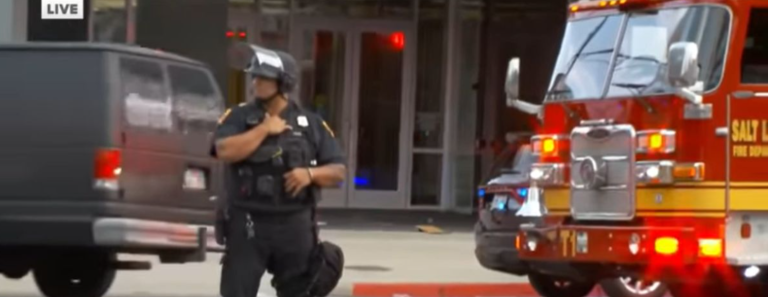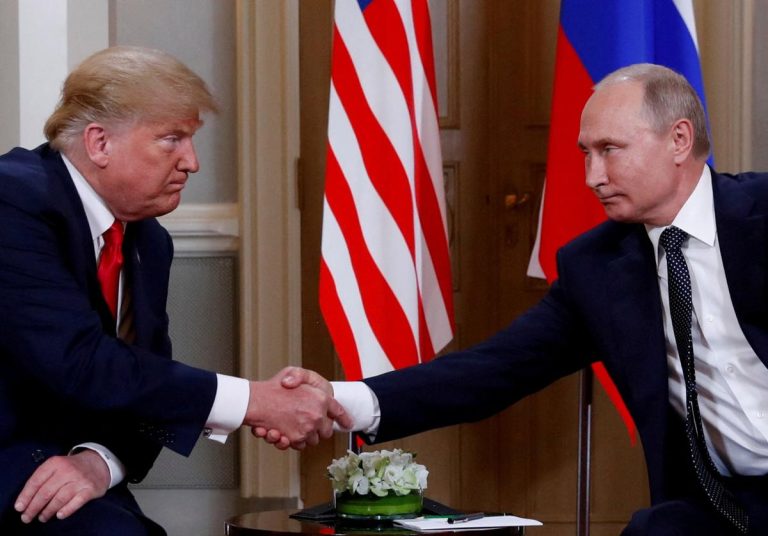Christopher Schurr Second-Degree Murder Trial Ends in Mistrial: Justice Still Elusive for Patrick Lyoya’s Family
Inside a crowded and emotional Michigan courtroom, the trial of ex-Grand Rapids police officer Christopher Schurr was suddenly terminated. A judge declared a mistrial this week following jurors’ inability to reach a unanimous verdict on second-degree murder charges in the 2022 on-street shooting death of 26-year-old Patrick Lyoya, a Black man who was a Congolese immigrant.
The trial, reopening some of America’s old-fashioned arguments about race, police, and accountability, was a draw. The hung jury that couldn’t agree on a verdict meant no resolution was pending – neither Schurr, nor the Lyoya family mourning their loss.
A Deadly Traffic Stop Turned Fatal
The lead-up to the trial unfolded on April 4, 2022, when Schurr had pulled Lyoya over for reporting a defect on his license plate. The stop became an end in death in seconds. Video recorded by multiple different sources – bodycam, dashcam, cellphone of a passing witness, even a nearby doorbell cam – documented in desperation footage as Lyoya attempted to flee on foot. There was physical struggle. The two officers struggled back and forth for Schurr’s Taser, and in a second afterward, Schurr fired and killed Lyoya, who was lying facedown in the road.
The graphic and disturbing video caused public outcry and protests throughout Michigan and the country. For some, it was a chilling reminder of race tensions between police and communities of color.
Schurr’s Defense: A Matter of Fear and Procedure
At the center of Schurr’s defense was the battle for possession of his Taser. Schurr told the court about an out-of-control scene where he felt his life was threatened.
“I felt like if I hadn’t done it at that time, I wasn’t going home,” he told the court.
He stated that a Taser can inflict excruciating pain and disable and that holding it for his personal use placed him in fear of safety. His attorneys brought up his seven years on the job as a member of the Grand Rapids Police Department, casting his action as one of the moment, during a brutal, crazed fight.
A Family’s Grief and Continued Pursuit of Justice
For Patrick Lyoya’s family, the mistrial was a fresh wound. His father, shaken visibly outside the courthouse, spoke the grief and outrage that has engulfed his family since Patrick was shot.
“It hurts. My family, my wife, we are bleeding,” he said. “We will keep fighting until we get the real justice for Patrick.”
Lyoya’s family, who fled the Democratic Republic of Congo, came to America in 2014 as refugees and seekers of opportunity. Patrick had been residing in Grand Rapids for around five years prior to the shooting.
Led by civil rights attorney Benjamin Crump, the family has been vocal and persistent, calling for accountability and reform within the system throughout the course of the legal proceedings.
What the Mistrial Means
Legally, the mistrial does not get Schurr off the hook. It just means that the jury could not agree—perhaps hung on whether or not to give the case top priority as a valid use of force or excessive and unjustified act of violence. Prosecutors can still attempt to retry the case, although no hasty decision was reached.
While walking out of the court a free man not convicted, Schurr is hardly beyond having been acquitted of the allegations as well. The mistrial has left everyone in a fog of uncertainty and the spectre of a possible second trial casts a shadow of doubt over his head in block letters.
Wider Context: Another Case, Another Blow
The Schurr mistrial followed just one day after a jury had acquitted three retired Memphis police officers in the trial of Tyre Nichols – a young Black man who died after being beaten savagely by police following a traffic stop in 2023.
Together, the cases depict legal and social complexities in prosecuting law enforcers in the U.S. Even with the outrage and activism calling for justice, the court of law seems to be a tough uphill battle where police officers are convicted.
A City and Country Still Struggling
In Grand Rapids and across the nation, responses to the mistrial are mixed. Some view it as proof the justice system continues to cover for officers no matter what they do. Others view it as an intricately complex case of split-second decisions impossible to second-guess.
Whatever they are perceived to the left or the right, one thing is certain: justice – be it in whatever form – is still due to many. Patrick Lyoya’s and Christopher Schurr’s story is now just another one on a mounting list of fatal police interactions with Black Americans that continue to fuel controversy, protests, and calls for reform.
What’s Next?
Its fate is now in the hands of prosecutors. They must determine whether to retry Schurr or close the case as unsolved. The battle is not yet over for Lyoya family members and their supporters.
As his father told us, quoting: “We are not giving up. We want justice. We need justice.”
As the city waits with bated breath to see what next, one thing is certain – the pain, the questions, and demands for justice will never be forgotten so easily.







